On being human
![{[downloads[language].preview]}](https://www.rolandberger.com/publications/publication_image/ta26_human_equation_cover_en_download_preview.jpg)
In this issue of Think:Act magazine we examine in detail what it means to be human in our complex and fast changing world now and in the days to come.
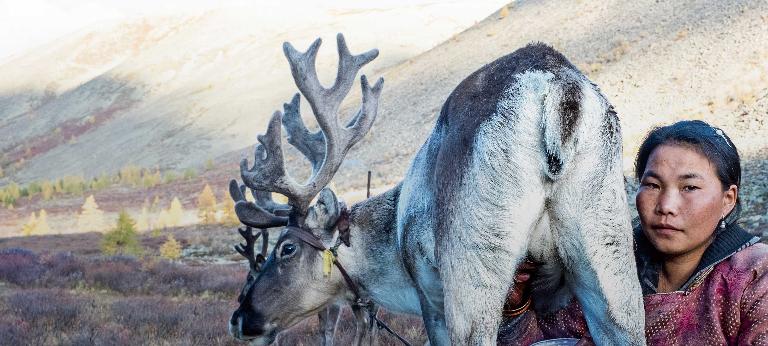


photos by Ronald Patrick
For many centuries, nomadic people like the Tsaatan reindeer shepherds in Mongolia have been living their lives unchanged and in partnership with animals and nature. Theirs is a life of basic needs and survival – and only recently have technology and legal interference started to have an impact and change their aspirations.
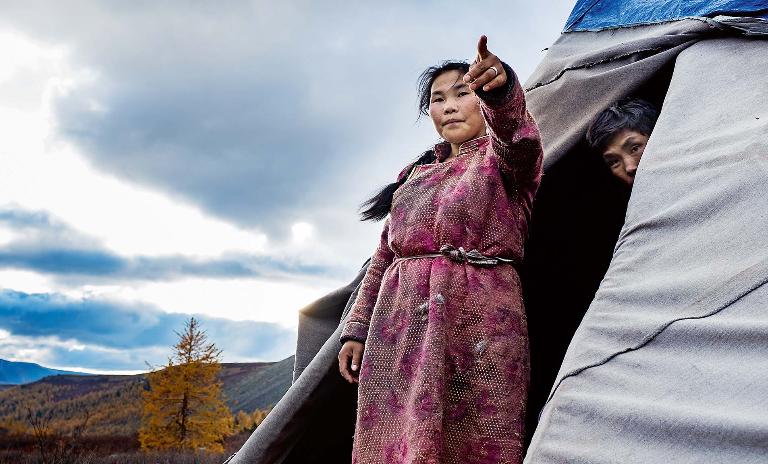
Camp in autum
From her teepee, which she shares with her husband and son, 22-year-old Anka Bayr points out to the reindeer herd. Her first task this autumn morning is to milk the reindeer.
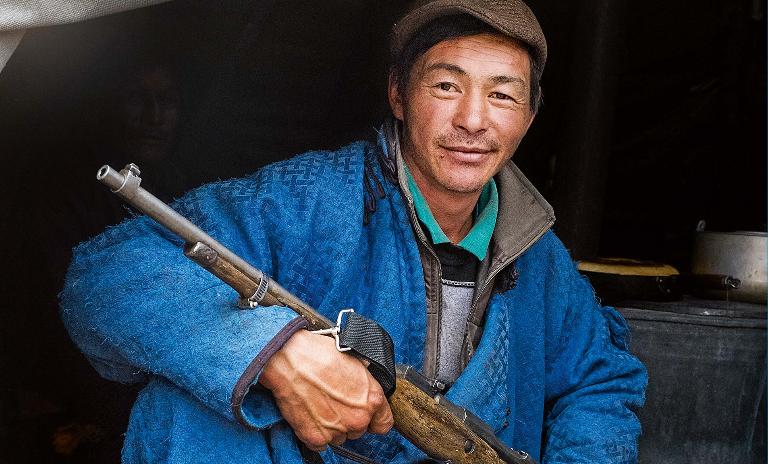
Under threat
Since the government made the nomad territory a national park in 2013, hunting has become limited, which is a problem for the nomads who depend on what they catch for survival.
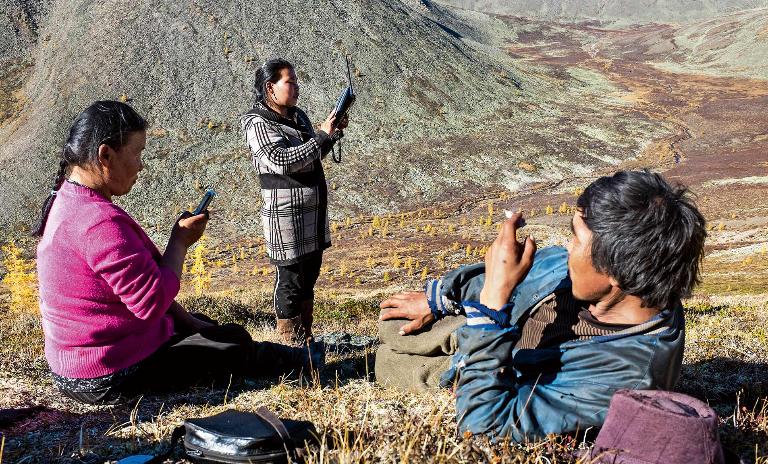
Leaving messages
The Tsaatan have mobile phones, but need high ground to get a signal. Such modern gadgets are at odds with their shamanistic ritual offerings to nature.
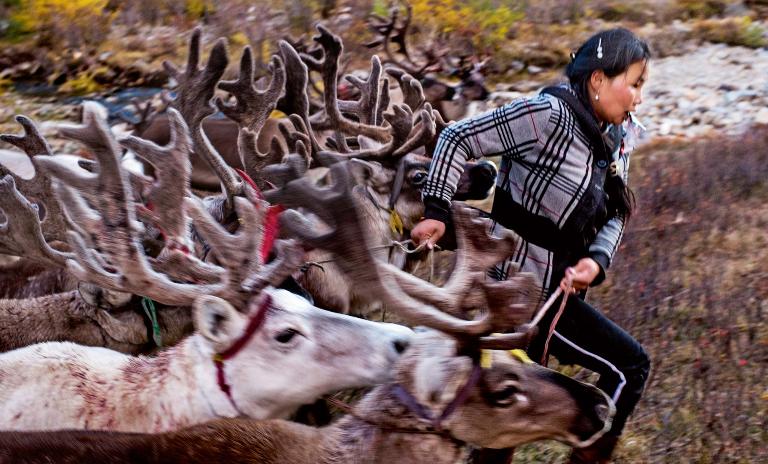
Ahead of the pack
Caring for reindeer is tough work. Some families are ensuring that one child does not have to take on the hard nomadic life and pursues education instead.
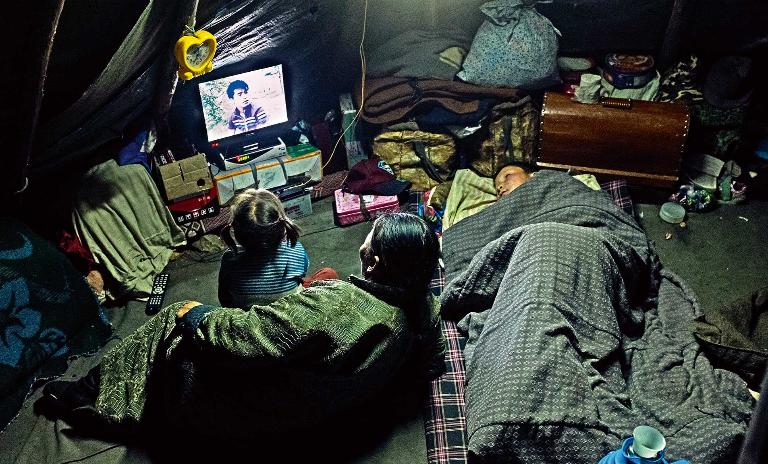
Soap opera society
Mongolian soap operas have become popular in the camp. Some nomads aspire to the way of life depicted in the stories and many are leaving their traditional life behind to live in the city.
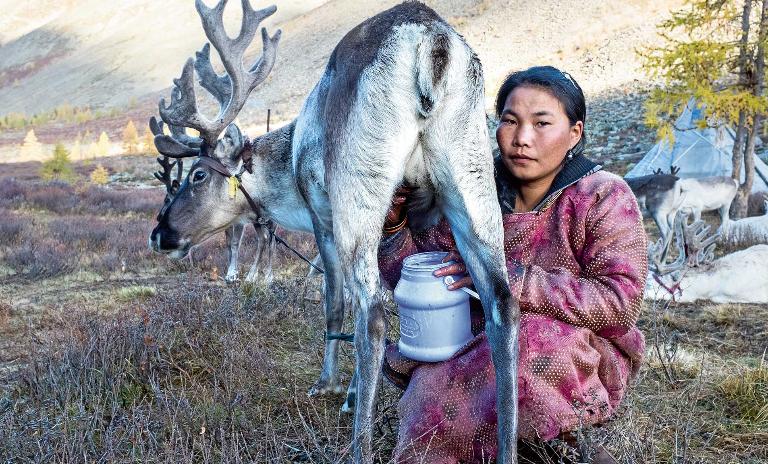
A women-only job
Milk is a fundamental part of the nomads' diet but with the new hunting restrictions the Tsaatan are forced to slaughter some of the herd for food too, diminishing their livestock numbers.
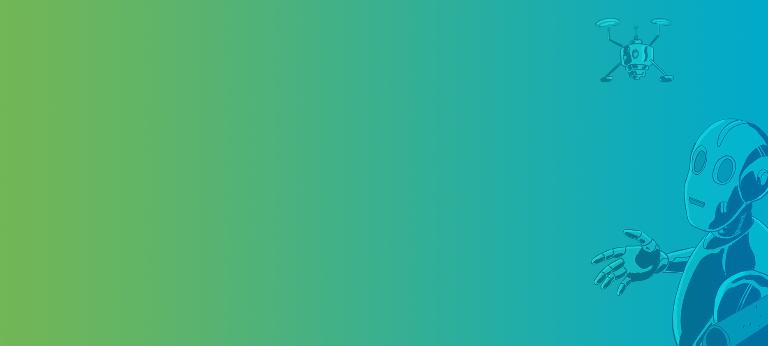
![{[downloads[language].preview]}](https://www.rolandberger.com/publications/publication_image/ta26_human_equation_cover_en_download_preview.jpg)
In this issue of Think:Act magazine we examine in detail what it means to be human in our complex and fast changing world now and in the days to come.
Curious about the contents of our newest Think:Act magazine? Receive your very own copy by signing up now! Subscribe here to receive our Think:Act magazine and the latest news from Roland Berger.
